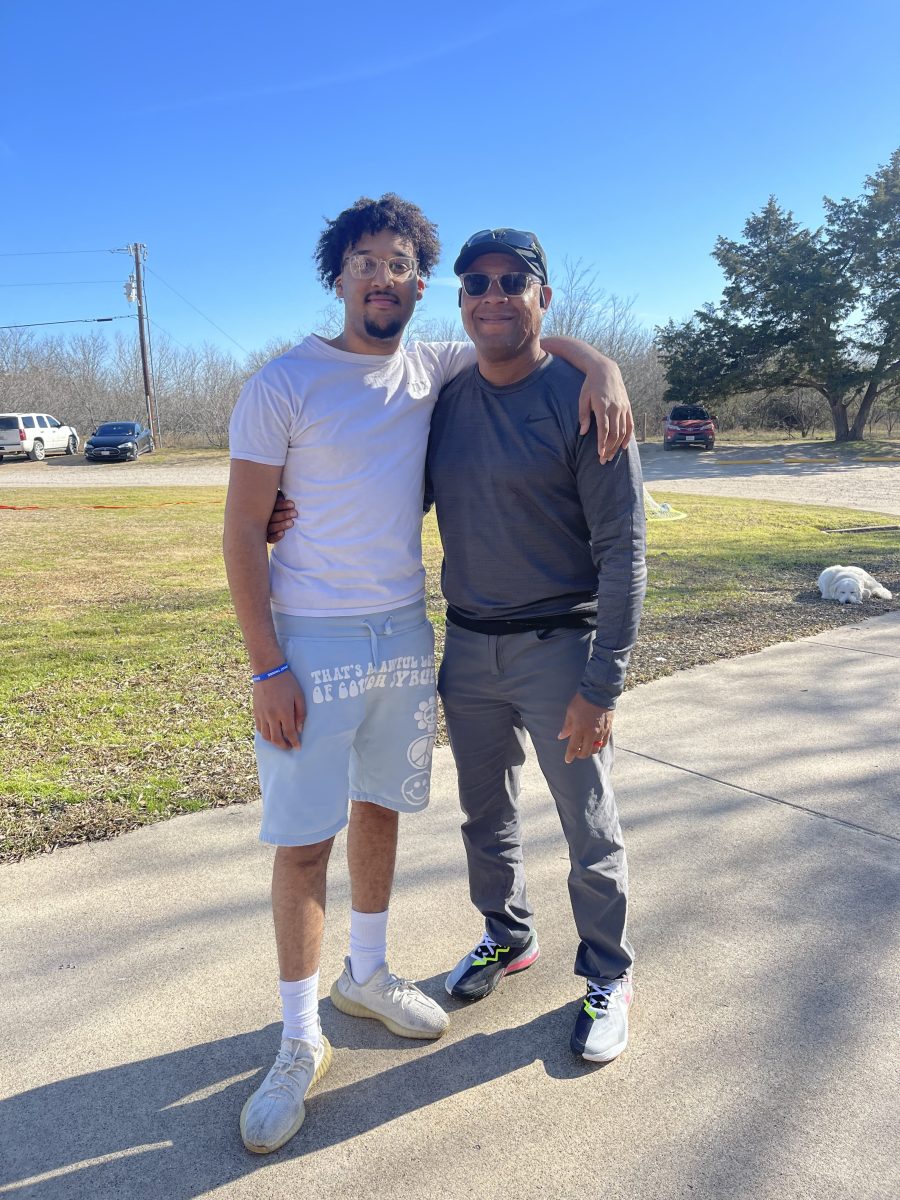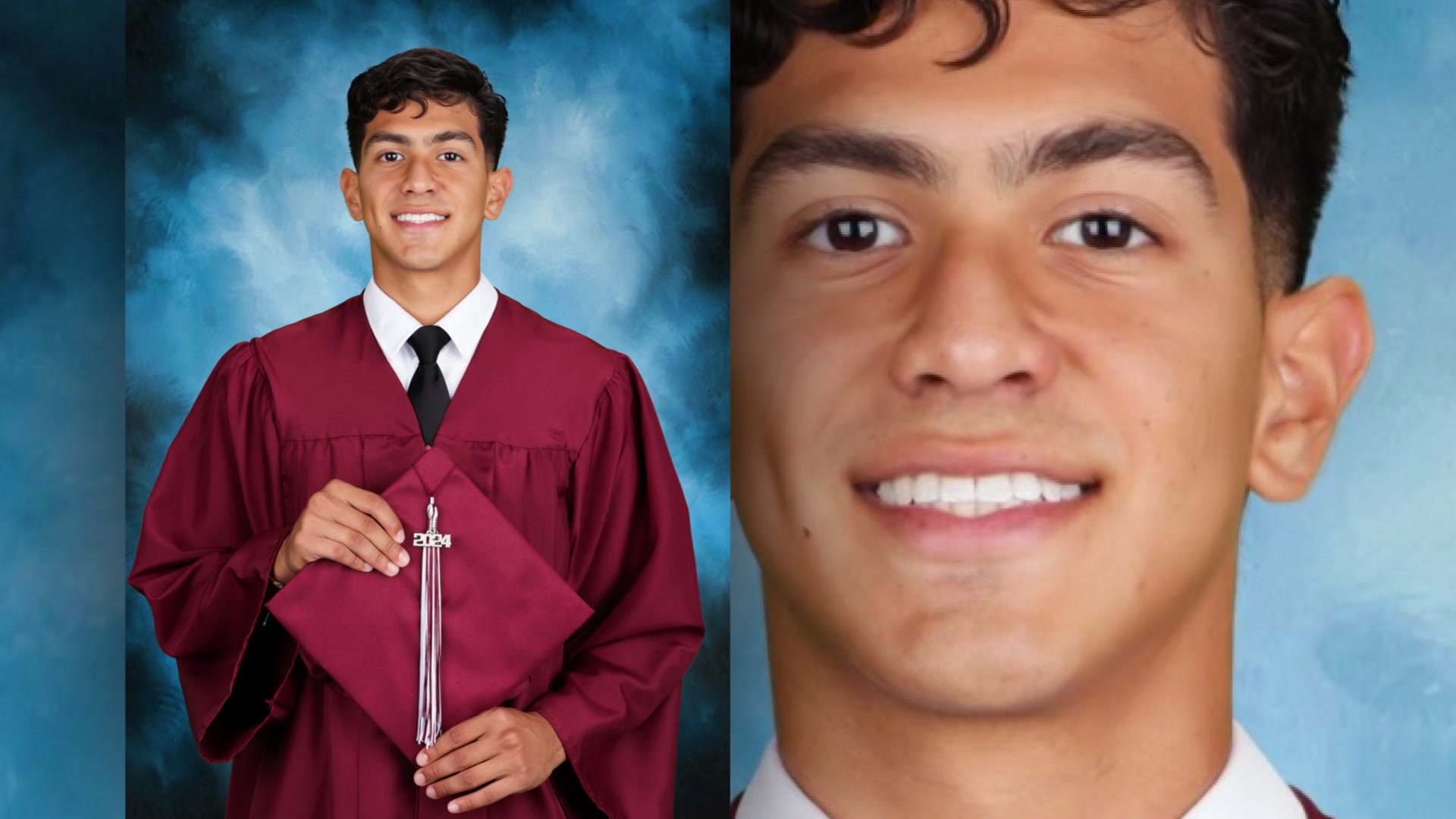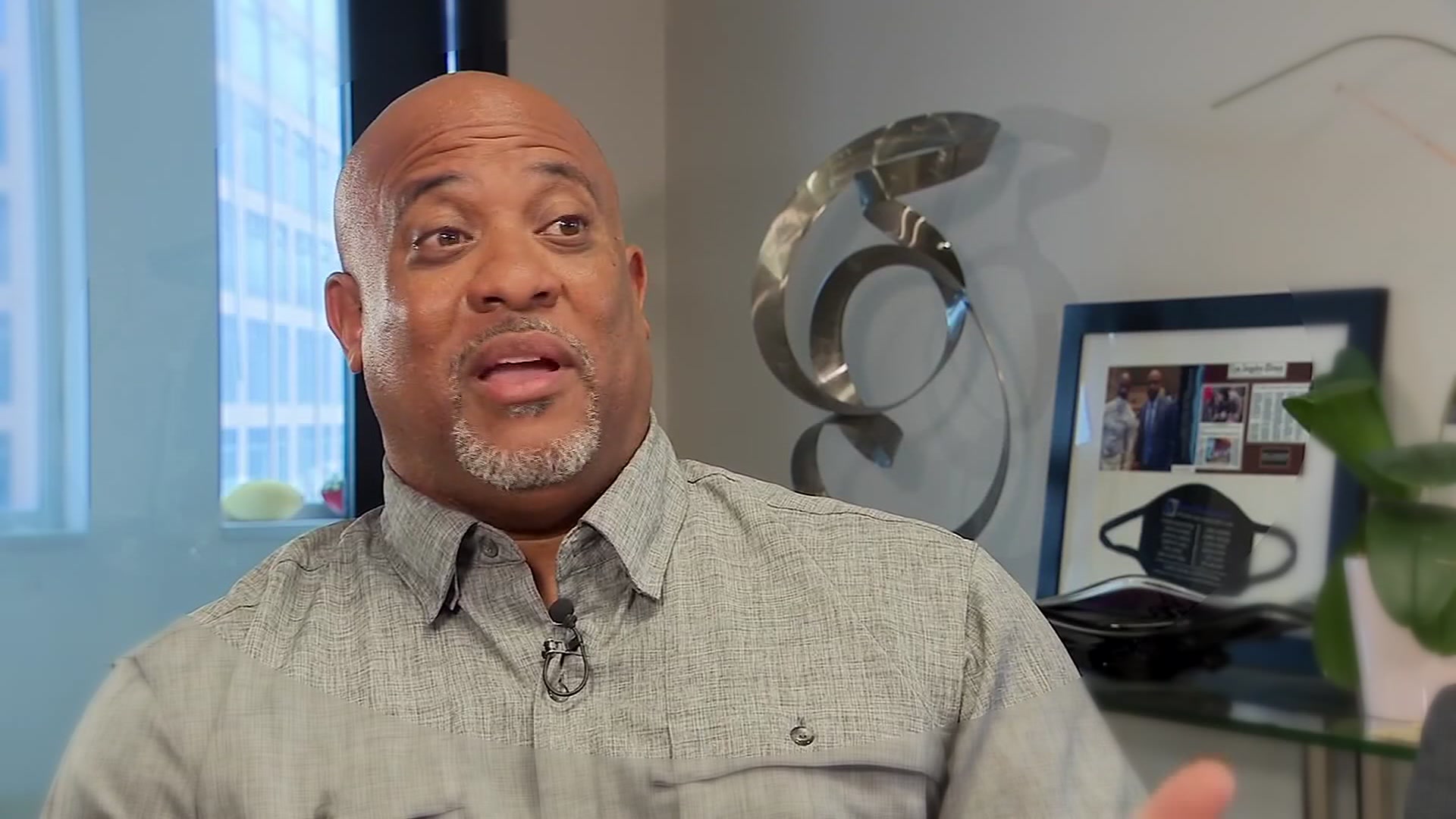Fort Worth firefighters want to do more to fight against opioids, and they just got the funding to get started.
“We do believe that it’s going up in the community," said Fort Worth Fire Chief Jim Davis of opioid use. “We are seeing an increase in the amount of use of naloxone in our fire department to reduce the effects of opioid overdose.”
At last week's city council meeting, members approved $157,505.64 for the fire department's Homeless Outreach Programs and Enforcement Team, or HOPE Team.
The money comes from the state's opioid settlement funds, which is money recovered through the statewide opioid
settlement agreements, then redistributed across Texas to programs that help combat the opioid crisis in Texas, according to the city.
Get DFW local news, weather forecasts and entertainment stories to your inbox. Sign up for NBC DFW newsletters.
The fire department's HOPE team goes to homeless encampments to distribute basic needs like water and hygiene kits. They also treat injuries before they become serious and require an emergency call.
"What our goal is is to find anyone that may be homeless that in the near future may be experiencing some type of health issue that will require them to dial 911," said firefighter Chuck Moreland, who is on the HOPE Team.
The new pilot program would add opioids to the list of emergencies he's trying to prevent.
Local
The latest news from around North Texas.
“Being aware of what is going on with each other so that when they notice something, even when we’re not there, they’re able to take some type of action that increases their survivability when they do overdose," he said.
That mission hits home for Moreland.
“We know on a personal level the difficulty that comes with loving and caring for someone that has an addiction," he said.
That's because his 22-year-old son had battled one, himself, for four years, before dying of an overdose.
"My son’s first relapse was a fatal one, and it cost him his life in March of this year," Moreland said.

It's a big challenge, with just two firefighters on the HOPE Team who are in charge of more than 300 encampments across the City of Fort Worth.
“The list is constantly growing and as it grows, the team has not," he said.
Fort Worth Fire Chief Jim Davis said they're still trying to figure out how to allocate their funding; more people on the HOPE Team, new response vehicles, training materials, and overdose prevention kits with naloxone, a medication that can reverse an opioid overdose.
“Naloxone is not the cure-all for addiction but what naloxone does is it creates a bridge, and that bridge is to tomorrow. And tomorrow might be that day that that person’s willing to get help and that help might just work for that person," Davis said.
He said after the holidays, he plans to start conversations with community stakeholders, including groups already working within the addiction space.
"We’re going to find ways to work with the community on naloxone, and CPR and difficult conversations about how to have a difficult conversation with a loved one," Davis said. “This is a community problem that we’re seeing, it’s going to take a community solution.”
Davis said he wants to include other first responders, too, and medical experts.
It gives Moreland another purpose on the HOPE Team.
"It’s a personal thing for me to help prevent families from having to go through what I go through," he said. “Something that I would almost do for free."



